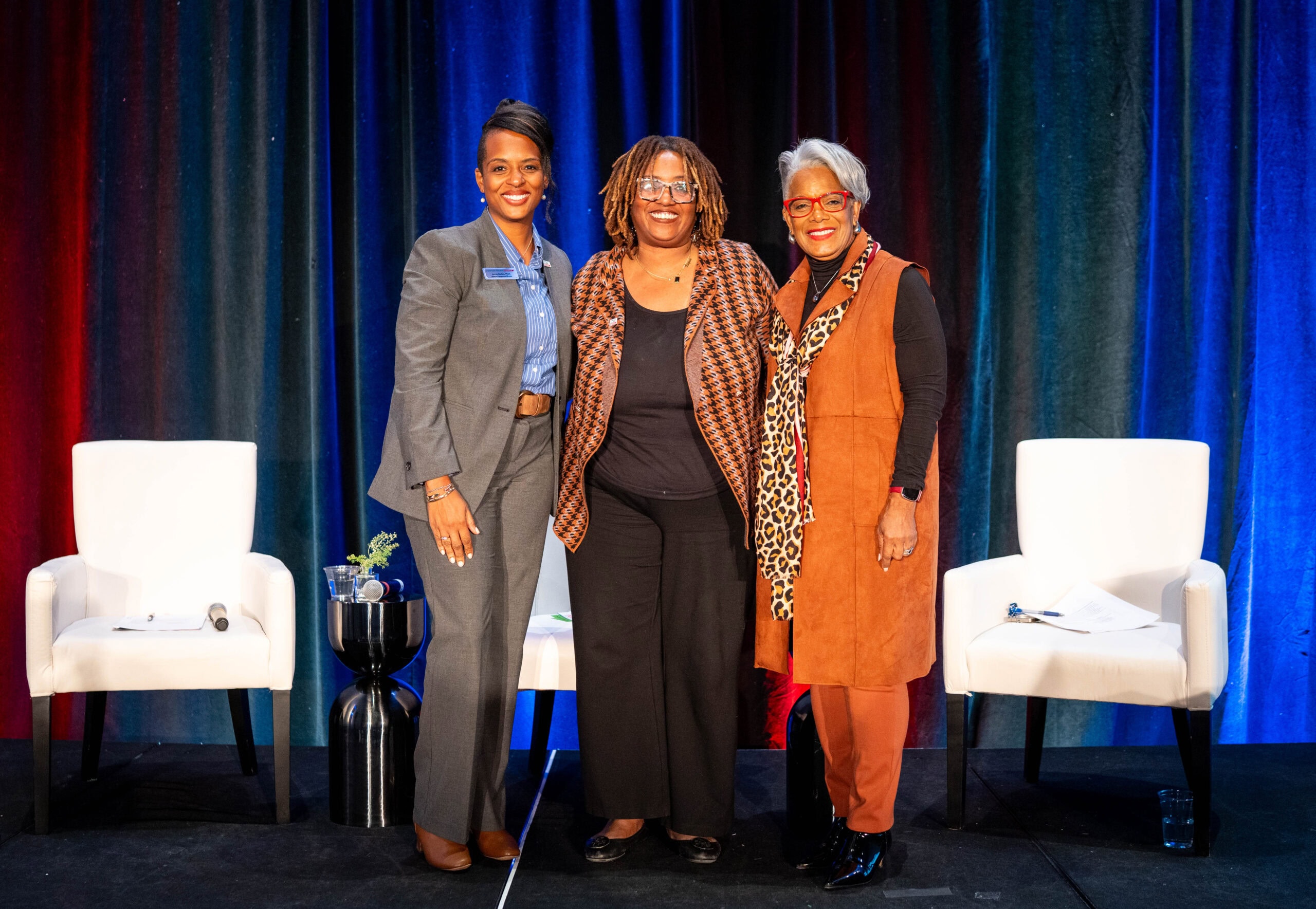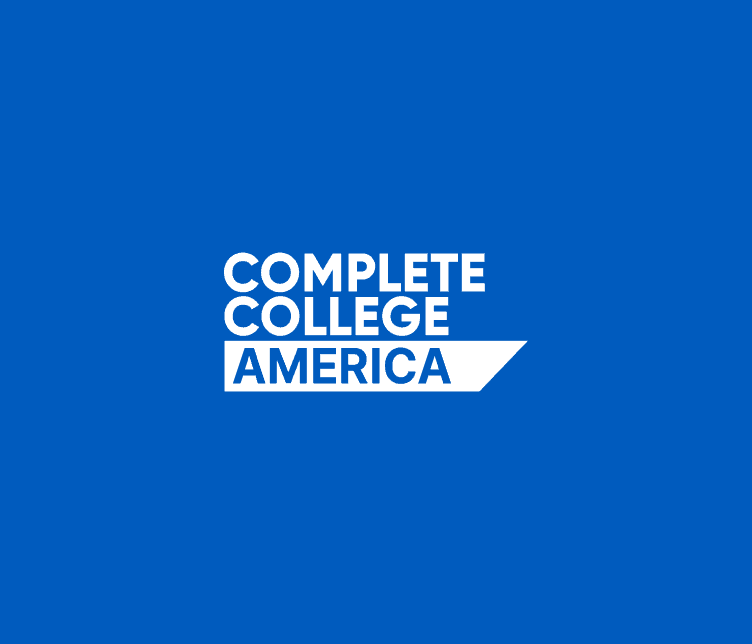By: Megan McDermott
With rising tuition and student debt, the value of college has been called in to question. We know many Colorado families—and across the nation—look at the sticker price of college and wonder, is a degree even worth it today?
Our inaugural return on investment report shows that yes, higher education is worth it—as long as students finish what they start. Here are three takeaways from our research:
ROI varies from student to student
As we dug into the data, we realized a credential’s worth is not neatly expressed in spreadsheets and numbers—it depends on where a student goes to school, how long they attend, what they major in and, most importantly, if they graduate. Other choices, like living at home or on campus, can significantly change the calculus of college.
The upshot? Students should consider four factors—price, debt, choice and value—before they jump into a program. Graduates in the science, technology, engineering and math (STEM) fields, for example, outearn their peers after one, five and 10 years no matter the credential type. Meanwhile, educators provide a critical service to our communities, but education students make the lowest average salary among any academic group—likely a big reason why our state is grappling with a teacher shortage. By publishing specific institutional and program-level data, we believe more students and families will make informed choices that balance total cost and academic interests. It also helps policymakers analyze trends and ensure our higher education ecosystem meets the needs of our state.
Tuition costs and average debt are leveling off in Colorado
Despite flagging state funding, institutions have worked hard to put college in reach. Close to 90 percent of Colorado students at two-year colleges and 72 percent at four-year universities receive federal, state and/or instutional aid, which reduces their overall cost of attendance. Thanks to this support, students from low- and middle-income families often attend for very low cost or even tuition-free.
What’s more, the proportion of students taking on debt, as well as the average amount, is leveling off and declining, particularly at two-years schools. Just 10 percent of Colorado undergraduate students who graduate from four-year institutions took on more than $40,000 in debt; fewer than 3 percent of community college students took out $30,000 in debt. With improved advising and academic planning, colleges can substantially reduce the risk of default by getting students though quickly and efficiently.
Higher education remains a strong investment for individuals—and for society
Expanding access to higher education is vitally important in Colorado’s advanced economy, which all but requires a certificate or degree to participate. About 75 percent of all Colorado jobs and 97 percent of top ones—those with high growth rates and that pay a living wage—require further education and training. It’s these demands that inspired us to reach 66 percent educational attainment by 2025, up from 56.9 percent currently. To power our economy, we must meet that mark and go even higher.
Getting to 66 is not just a lofty goal, it’s a call to action for state, business and education leaders to work together and create a Colorado that works for everyone. Research suggests that people who hold a degree or certificate have more social mobility, better health outcomes and greater life expectancy. They are significantly less likely to interact with the criminal justice system and more likely to volunteer. College graduates contribute more tax dollars to the local and state economy and rely on fewer government assistance programs. In short, higher education investment strengthens our communities while making our economy more efficient.
Creating pathways for Coloradans
We have a lot of work ahead to make higher education truly affordable and accessible. As a proud CCA Mometum State, we’ve adopted proven practices that get more students across the finish line. Fully scaling corequisite remediation, establishing seamless transfer pathways and integrating 15 to finish courseloads into advising and degree pathways help us eliminate barriers to postsecondary education and maximize value for our students and our state.
To read Colorado’s ROI report and explore data, visit the CDHE website.



